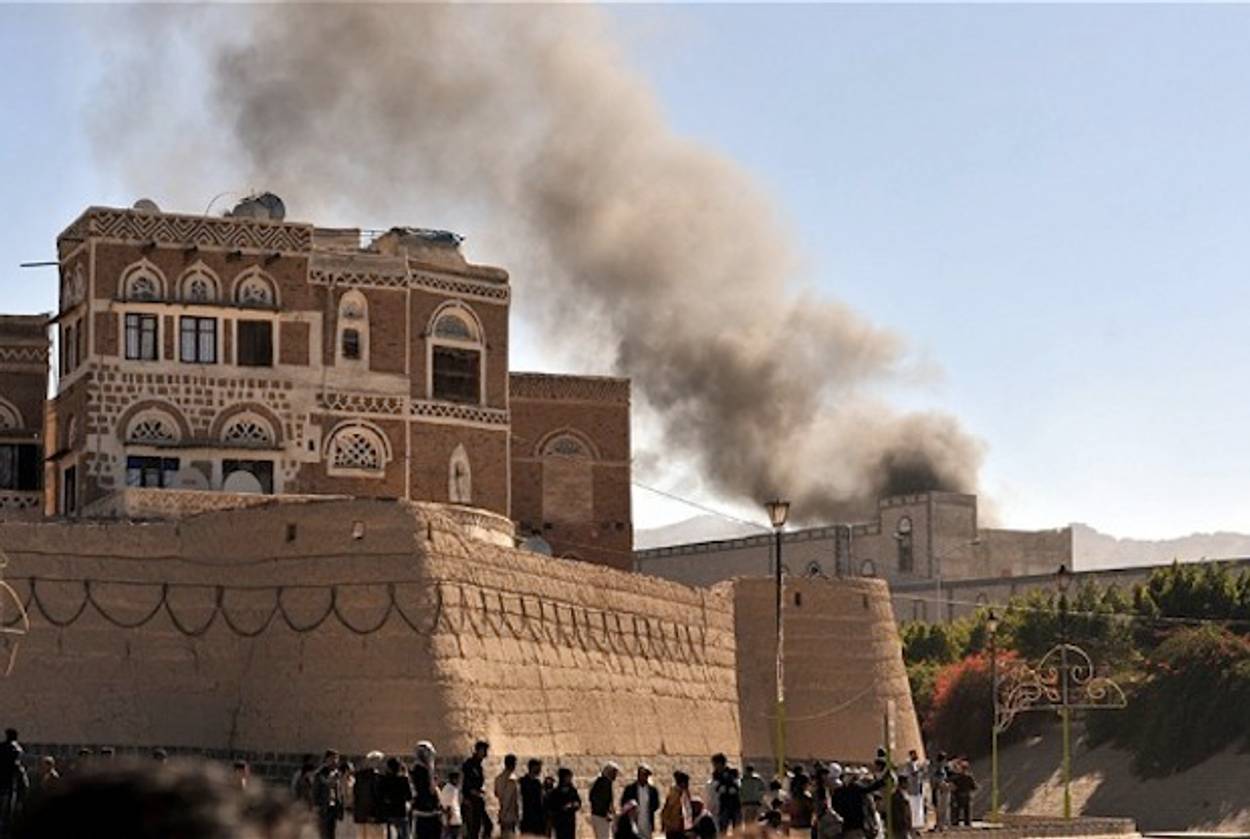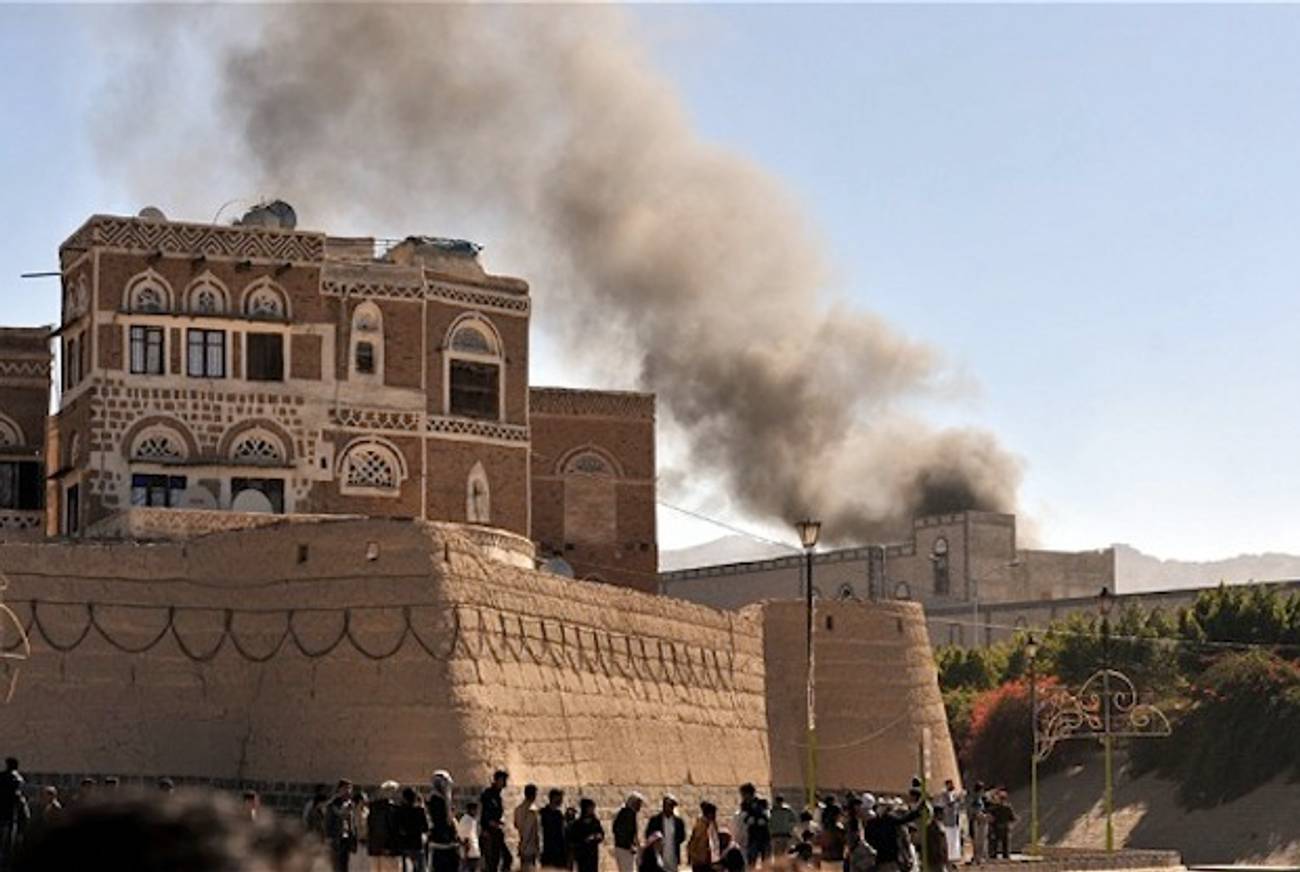Syrian Rebels Allege Assad Used Poison Gas
A round-up of things we wish weren’t rounding up




It’s been a particularly violent day in different hotspots in the world. First, out of Syria, the forces loyal to Syrian dictator Bashar Assad are being accused of using poison gas in Syria’s nearly three-year-old civil war.
These aren’t the first accusations since a massive chemical weapons attack on the outskirts of Damascus in late August nearly prompted a military response from the United States. While the reports are impossible to verify, two different rebel groups are leveling the charge.
The activists told Reuters two shells loaded with gas hit a rebel-held area in the town of Nabak, 68 km (40 miles) northeast of Damascus, on a major highway in the Qalamoun region. They reported seven casualties.
Separately, the Syrian Revolution Coordinators Union also accused Assad’s forces of using poison gas.
“We have documented nine casualties from poison gas used by the regime in neighborhoods of Nabak,” it said on its Facebook page.
Meanwhile, the Defense Ministry in Yemen was attacked earlier today, killing more than 50 people and wounding scores of others. The two-stage assault included a suicide bombing, which immediately raised suspicions that al-Qaeda may have been involved.
Among the dead at the Defense Ministry complex, which also houses a military hospital, were soldiers and civilians, including seven foreigners — two Germans, two Vietnamese, two Filipinos and one Indian, according to the Supreme Security Commission.
Fighting in the Central African Republic between Muslims and Christians grew so fierce that United Nations authorized an intervention force of French and African soldiers to enter the fray. Unfortunately, nearly 100 people had been killed by the time they arrived.
Speaking from the Elysee Palace in Paris, French President Francois Hollande promised that the 600 hundred troops in the country will be doubled “within a few days, even a few hours.” He said the Central African Republic was “calling us for help,” and he “decided to act immediately.”
The country’s prime minister welcomed the intervention while in Paris for a summit of dozens of African leaders hosted by Hollande. In his first reaction to the move, Prime Minister Nicolas Tiangaye told The Associated Press that he sees it “very positively” and that he had wanted a “firm reaction from France.” He called for fast action “to put an end to this violence and these atrocities.”
Adam Chandler was previously a staff writer at Tablet. His work has appeared in the New York Times, the Wall Street Journal, the Atlantic, Slate, Esquire, New York, and elsewhere. He tweets @allmychandler.